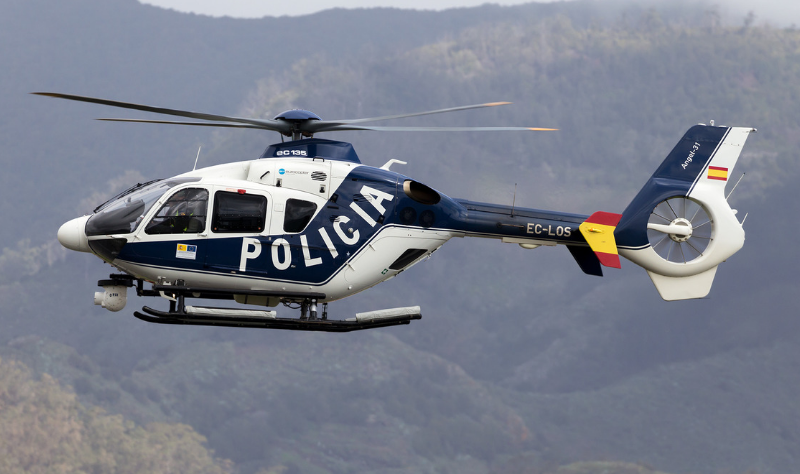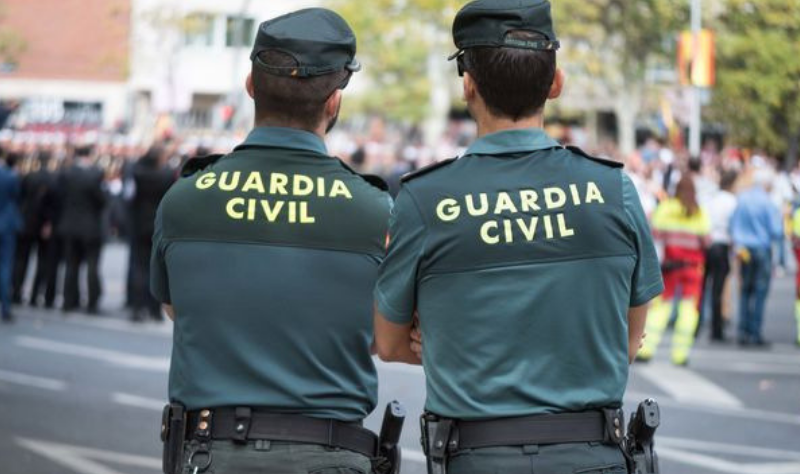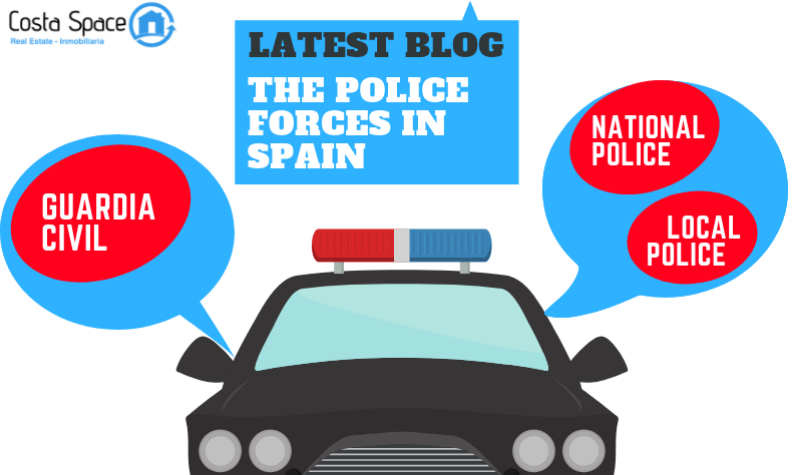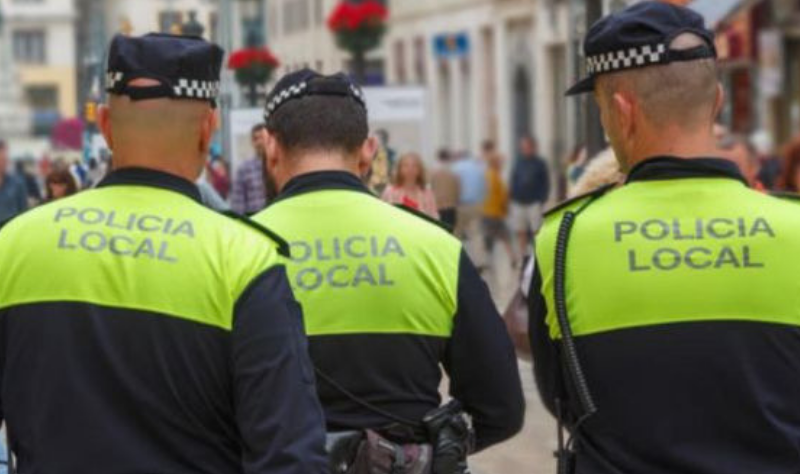Towards the end of the 15th Century, Isabella introduced what can be considered the first armed security institution in Spain, called the Santa Hermandad, and since then, the country has developed similar security organizations. However, what today is known in Spain as the National Police Force dates officially from 1824. The Constitution of 1978 made changes to the particular form of this force, which characterize the country’s law enforcement structure nowadays.

The National Forces
The Spanish police force can be divided into three important levels: national, regional and local. The national level includes the Civil Guard and the National Police Corps (CNP); it is the largest and leads the other police forces.
The Civil Guard is the military police and is in charge of helping the armed forces in keeping the peace of the country. One of their principal duties is inspection and security in rural areas, including roads and ports. The Ministry of the Interior and the Ministry of Defense are the institutions responsible for the Civil Guard.
The National Police Corps (CNP) is the other national force in Spain. It works in communities with more than 20,000 residents, ensuring order in dangerous places. Their duties are related to criminal investigations, counter-terrorism and other national matters, such as immigration. They have specific units in different autonomous communities and are under the authority of the Ministry of Defense.

The Regional Forces
This level of policing is found in only some important Autonomous Communities. They are controlled by the regional governments and are therefore quite independent from one other. They are called Mossos d’Esquadra (Troopers) in Catalonia, Ertzaintza in the Basque Country, Foral Police in Navarre, BESCAM in Madrid and Policía Canaria in the Canary Islands.
The Local Police
Finally, it is important to mention the Policía Local or Policía Municipal (Urban Guard), which are the local police forces founding almost all cities in Spain. Under the authority of the local government, these institutions are responsible for preventing crime in cities, maintaining order.
Local police only exist in cities with 5,000 or more people, and the biggest forces are located in Madrid and in Barcelona. We can say that these forces are the nearest ones to the civilian population and are commonly encountered in almost every city of Spain.
To address more specific issues related to drugs, smuggling, tax evasion and money laundering, there are also special administrative police. These groups receive training from the National Police, and the Navy Marines and the Ministry of Treasury are responsible for them.
While this has been a detailed presentation of how the police forces are organized in Spain, there are additional specifics for each institution. For instance, each of the forces we have discussed is usually divided into various constituent units with specific tasks related to the current affairs in Spain, as appropriate to their levels of expertise.
Buying or Selling Property in Spain? Contact Costa Space!
Costa Space is an independent estate agency based in Calahonda providing comprehensive property services for Marbella, Mijas Costa and Fuengirola areas in the Province of Malaga.
We are a progressive and innovative agency continuing to strive for excellence through providing sound property advice to our clients and using the latest in the next generation marketing. If you're interested in buying or selling your property on the Costa del Sol, please do not hesitate to contact us.


